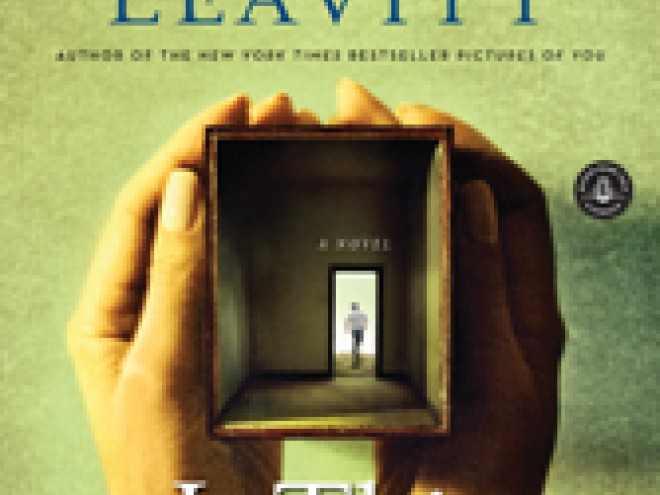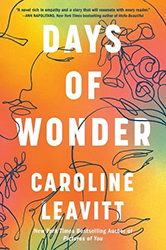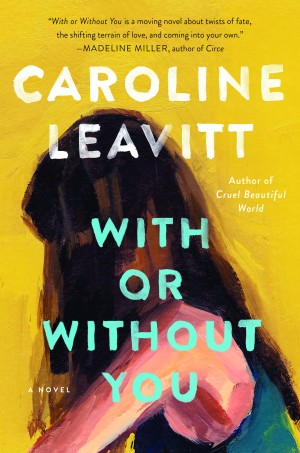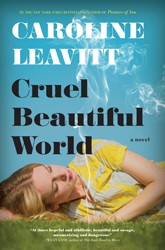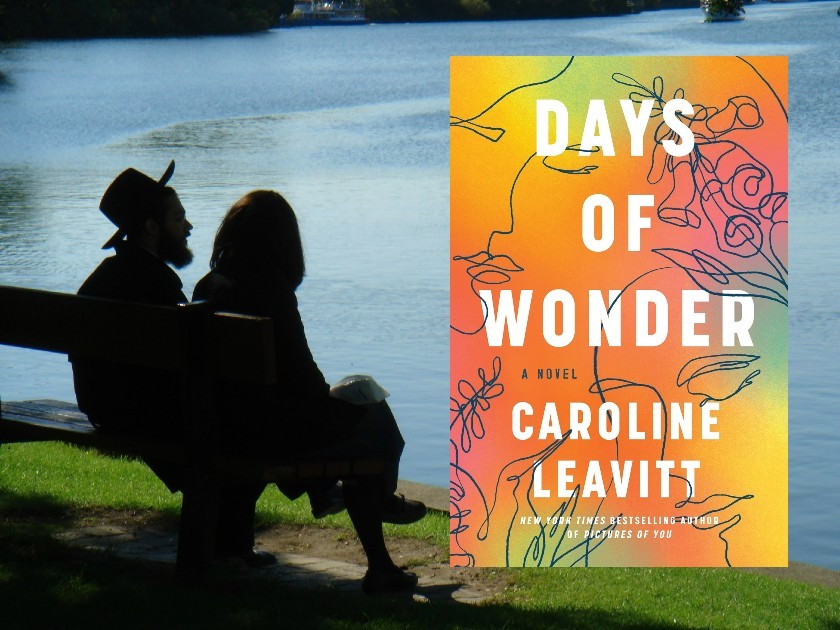
Photo by Dann Toliver
I’m the granddaughter of an Orthodox Jewish rabbi whom everyone loved. I never knew him, though I’m told he adored me. I was told, too, that he was a writer like me. My mother was always telling stories about him and about her life growing up in an Orthodox household, which was paradise for her. There was always music and singing at the table, she said. Always the company of her eight siblings and so much food and love. She felt safe and protected. But then, in her twenties, her father died suddenly of a heart attack; she couldn’t forgive a God who would do this, and so she stopped believing in Him. She withdrew from the community she had loved, even as she still yearned for it and kept a kind of Jewish ritual for herself. She wouldn’t eat ham. She had a silver set of candlesticks she sometimes lit on Sabbath nights, and though she kept my sister and I out of school on certain Jewish holidays, we rarely, if ever, went to temple.
I was haunted by this idea of my mom being caught between two worlds, of yearning for community. Maybe because I was yearning too. I was the one Jewish kid in an unfriendly neighborhood of Christians who taunted me for killing Christ, and for hiding the horns on my head they thought I had. The Jewish kids I might have bonded with were a town away, and they had been attending Hebrew school for years. They had their cliques already, groups I couldn’t break into. And of course – kids being kids – they mocked me. So, I grew up feeling like a tumbleweed of sorts, drifting between places but belonging nowhere, only able to touchdown sometimes into the comfort of a Jewish holiday.
When my mother died, she had never been able to reconcile this disconnect. I knew I wanted to write about it, how that community had shaped and hurt her both. I was already writing Days of Wonder, about two fifteen year old Jewish kids, Ella and Jude, from different classes, accused of an attempted murder they can’t remember, and when I began to write the character of Ella’s mother, I named her after my own mom, Helen. It made me feel my mother was close at hand, and I wanted to give her my mother’s childhood, too. Helen loved her family, loved her life, loved her religion. One day, going into the city to find suitably modest clothing for meetings with possible marriage matches, she sees a copy of a forbidden secular book, A Tree Grows in Brooklyn. She grabs it, hides it, and reads it over and over. It cracks open the world for her, but also puts her in that confusing outsider state — she wants to know more, to learn more, but she also wants to be safe in her community. She feels she’s only test-driving life, but then one day, she’s accosted, and when she becomes pregnant, her parents boot her from the home. And yes, they love her, but they also dearly love her siblings, and their own place in the community. They fear the gossip and the shame that will impede the possibility of matches for her siblings. Helen stops believing in God. But like my mother had, she still yearns for that community, so much so that she cannot leave it behind, moving near it, even coming back with her two-year-old daughter to meet her mother. The door to her childhood home is never opened. And like my mom, Helen didn’t stop being Jewish just because she left a Jewish community. Instead, she formed an “us against the world” community with her daughter, something my own mother had done with me, which both freed and suffocated me.
Days of Wonder is about those times of awe, when even the smallest thing seems so much bigger and more miraculous than ever. And for me now, one of those wonders is my rich Jewish faith and the power of a shared Jewish history.
I knew I was going to have to research deeply into my mother’s upbringing in order to write about it in a way I felt comfortable doing. I knew how insulated many Hasidic communities are, and I also knew that parts of those communities were changing and each one was different from the next. I turned to social media.
I left a respectful message in several Facebook groups, knowing that the subject could be sensitive to many for many reasons. I shared that my intent was not to criticize but to understand better for my novel, and also in order to feel closer to my mother. I binge watched movies and documentaries (One of Us is great) and I went to Footsteps, the organization that helps Hasidic people who want to leave their communities and find new lives, to see if there was any insight I could glean.
And I admit, I felt anxious. I was most certainly Jewish, with an Orthodox heritage, but I wasn’t Hasidic. Who was I to write about such a community? And how could I do it without judgment but with understanding? Could I ever understand it?
I needed to talk to people who did understand, and the more, the better. There are groups on Facebook where you have to write down why you want to be admitted and some groups, from former Hasids or even current ones, denied me entry. “We’re not zoo animals,” one woman curtly told me. But some people did respond and talked with me, sometimes in person (one woman was very happy in her community and invited me for a Shabbat dinner). I spoke to one ex-Satmar man who had lost his kids, been threatened with violence, and had been kicked out of his community. He was bitter and angry, but then I asked him, “Is there anything you miss about the community?” He grew silent and his tone softened. “I miss the sense of belonging,” he told me. I felt a shiver because truly, that’s what I was always searching for for myself. My questions were straightforward. What did you love? What didn’t you love? Why did you leave? Or, why do you stay? What does it all mean to you? And how would you feel if you had made a different decision? I learned that communities could be generous. They would band together and pay for a wedding a couple might not be able to afford. I learned that some Hasidic wigs are now long, something you’d never see before. And that sometimes, parents will send a daughter who became pregnant but is not married to Israeli relatives, to avoid shame and allow their daughter to return to the community aftwards; parents will simply tell people that she is going to visit relatives in Israel for a while.
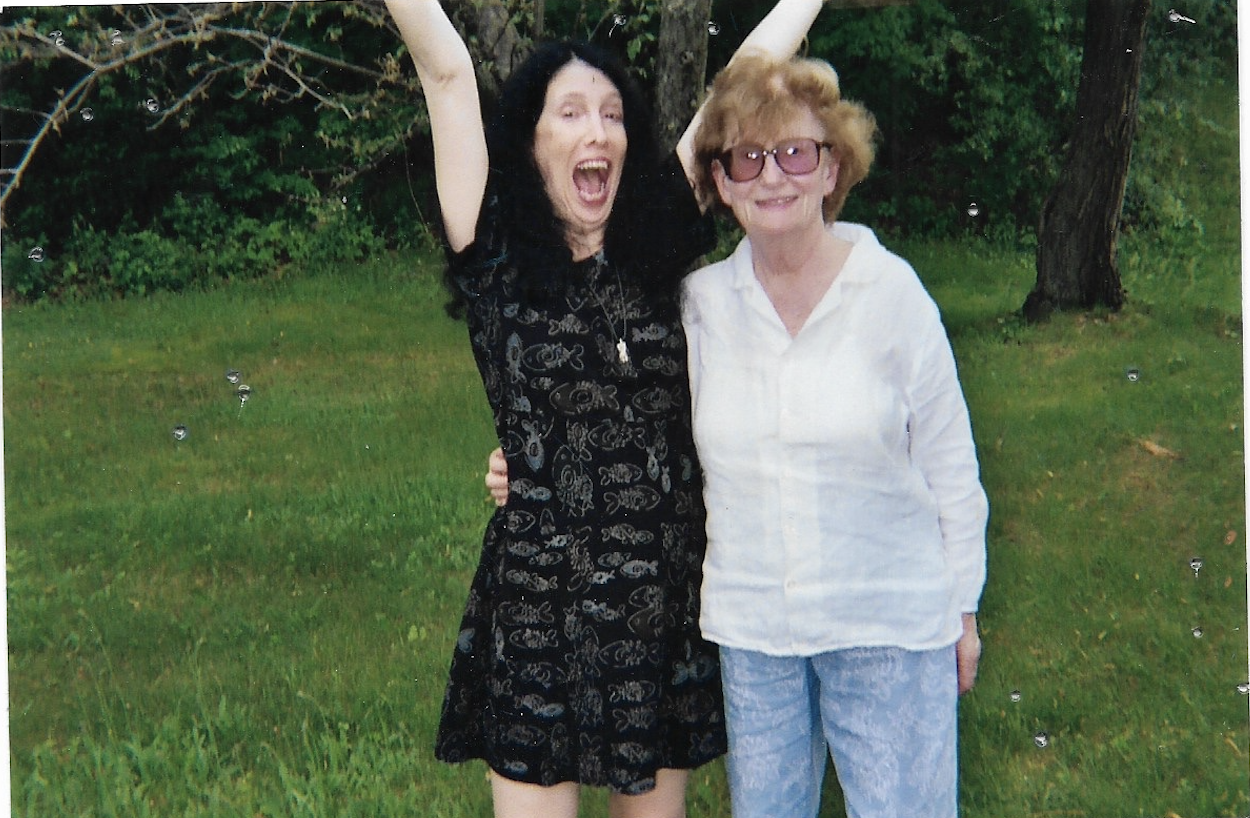
The author and her mother in her mother’s backyard
My notebooks grew. I was more and more intrigued by what I was learning and when I had the segments I needed written, I knew I needed other writers to help me. To my surprise and gratitude, I found and hired two brilliant ones, both of whom had lost custody of their beloved children when they left communities they felt were stifling. Leah Lax, the author of the book and the opera, Uncovered, and Beatrice Weber who sued and won a New York City case arguing for better secular education in Yeshivas, and who now runs empowerment classes.
I sent both of them chapters and segments that they marked up, and then I rewrote and sent back again. I asked question after question, determined to get it right. “Wait a minute, what you’re describing is a Williamsburg community, so why is it set in Borough Park?” Beatrice asked me, and then she told me all the differences.
Because my novel asks the question how you get to be forgiven, I wanted a Jewish answer to that. I suspected it might have to do with prayer, but Leah laughed. “God forgives only when humans make amends, when they take actions. Prayer alone won’t cut it.” I was worried about Helen’s parents’ reactionary shunning, but Leah let me know that that’s common. And that so much comes from the community as well. She helped me work out how to make my Hasidic parents in the novel more nuanced, how their true parental love was conflicting with the same person’s loyalty to such a community, which is their very identity. And to my delight, I became friends with both of these writers, which widened my own community.
In writing Days of Wonder, I began to realize that I was somehow channeling the Jewish community my mother had had onto the page — the singing and many siblings at the table, the feeling of safety an insulated community can bring — and letting myself live it on the page. I may not be or intend to become Orthodox, but I realized, like Helen did, that being Jewish was important to me no matter where or how I practiced it, that its sense of belonging was expansive. Days of Wonder is about those times of awe, when even the smallest thing seems so much bigger and more miraculous than ever. And for me now, one of those wonders is my rich Jewish faith and the power of a shared Jewish history.
Caroline Leavitt is the New York Times bestselling author of 13 novels, including Pictures of You, Cruel Beautiful World, Is This Tomorrow, and the upcoming Days of Wonder (April 23, 2024). A New York Foundation of the Arts Fellow in Fiction, and a recent recipient of A Midatlantic Arts/New Jersey Foundation of the Arts grant for part of Days of Wonder, she is the cofounder of A Mighty Blaze, and a columnist at Psychology Today. Her work has appeared in New York Magazine, The New York Times, Salon, The Millions, and more. Visit her at www.carolineleavitt.com.
